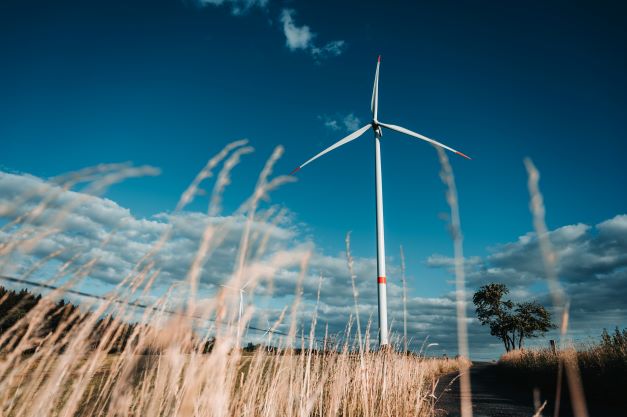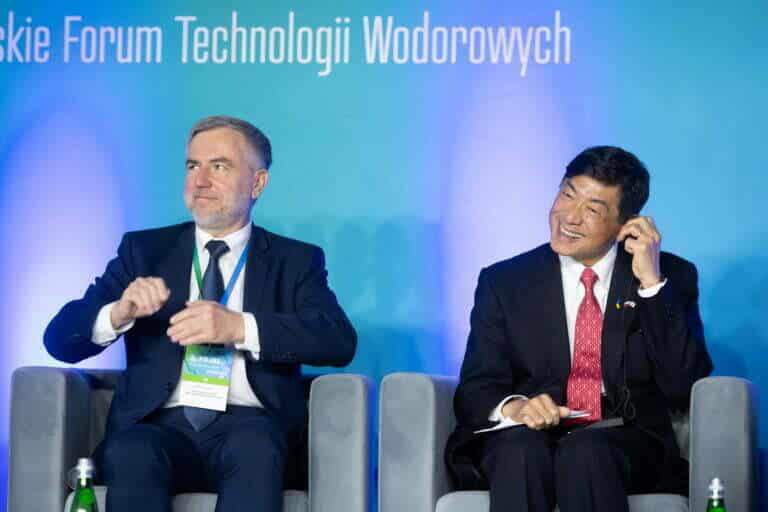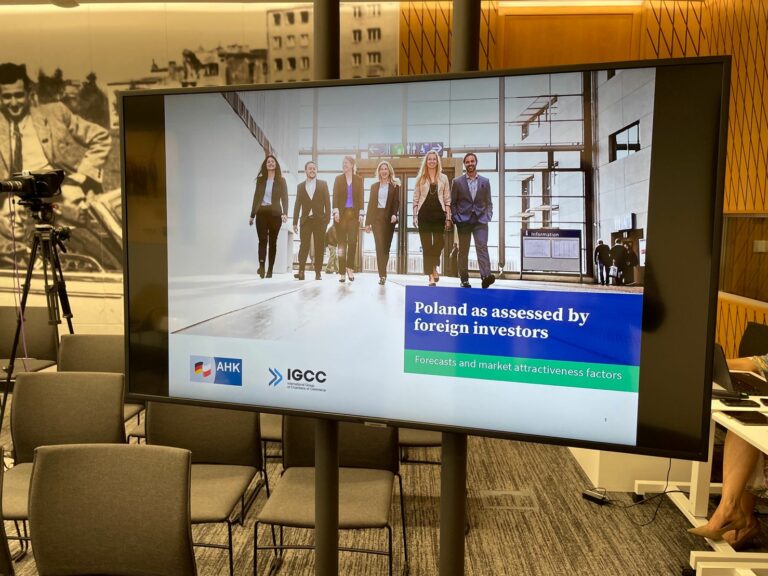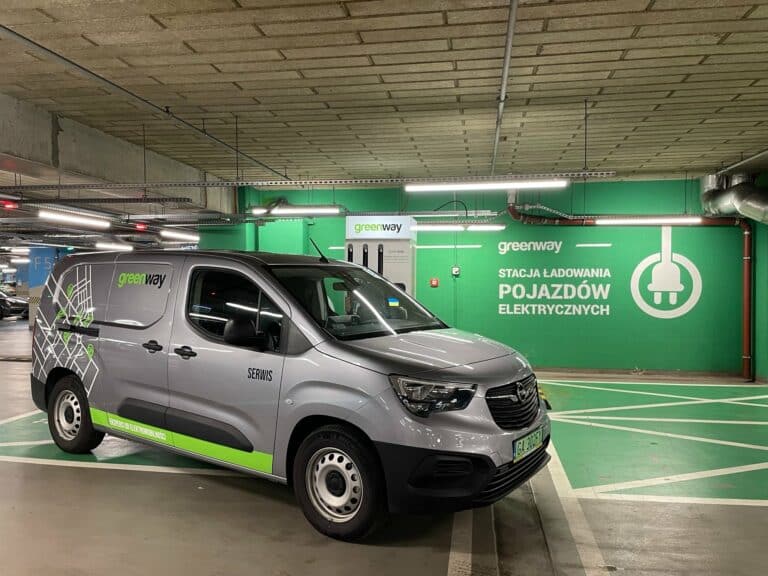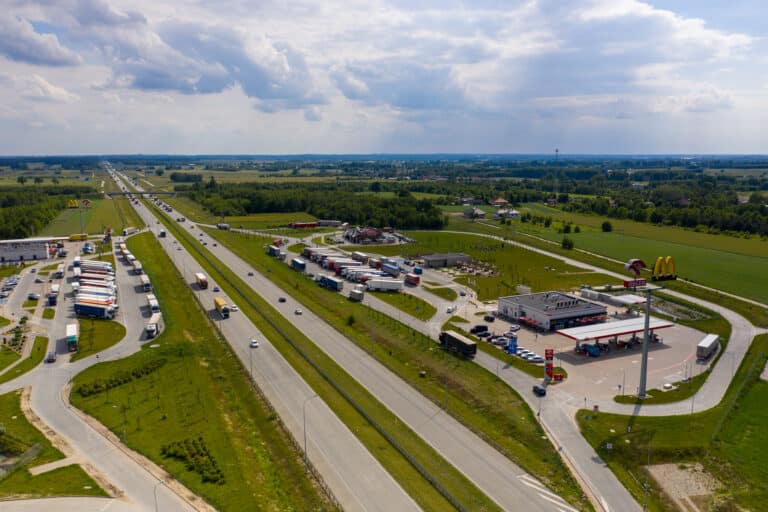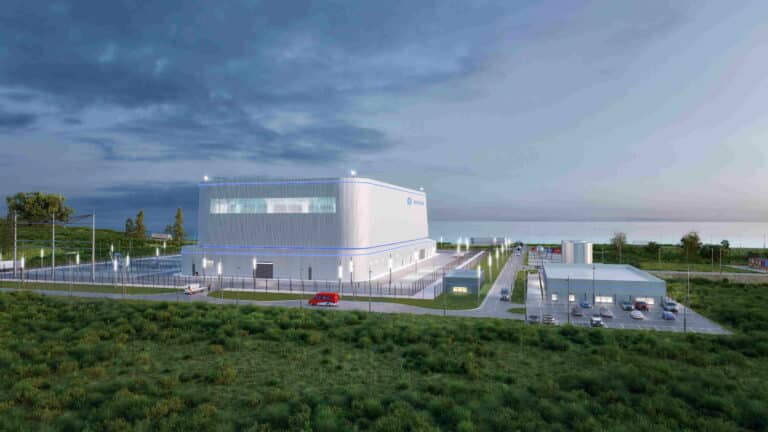Climate technology investment in CEE on the up
The Central and Eastern Europe (CEE) region accounts for 3.73% of all greenhouse gas emissions, but attracts only 0.79% of global investment in climate technologies.However, that is changing.
Investments in climate technologies in CEE grew from $10.6 million in 2013 to $398 million in 2020 and $502 million in the first half of 2021 alone, according to the PwC Net Zero Future50 report, developed in cooperation with Wolves Summit. $1.75 billion was invested in climate technologies in CEE between 2013 and the first half of 2021.
“We have even greater motivation to work towards the goals set by the European Green Deal: reducing CO2 emissions by at least 55% by 2030 and achieving climate neutrality by 2050,” says Agnieszka Gajewska, ESG leader at PwC CEE.
“Net-zero liabilities and the need for independence and energy security go beyond the scope of the business as usual approach. One of the most exciting ways to make progress is to increase the impact of climate technology solutions and match investor finance with climate entrepreneurs,” Gajewska adds.
Start-ups from Estonia and Lithuania accounted for 83% of total investments in climate technologies in the region. Poland obtained only 4.65%.
The growth is mainly driven by mega-transactions (worth over $100 million) in sectors such as mobility and transportation, and industry, manufacturing, and resource management.
Mobile start-ups have attracted the most funds for climate technologies in CEE – 54.4% of the total last year.
During the same period, start-ups from the energy sector attracted only 1.29% of total climate finance in CEE.
“Poland offers a strong network of investors with capital ready to deploy. For instance, 3 out of the 5 most active VC firms in CEE are based in Poland.”
José Miguel Salazar Hernández,
ESG Hub Manager at PwC CEE.
“Although Polish start-ups have attracted only 4.65% of total climate tech investment in Central and Eastern Europe over the past eight years, our analysis suggests there is plenty of growth potential ahead for the development of its climate tech ecosystem. Poland offers a strong network of investors with capital ready to deploy. For instance, 3 out of the 5 most active VC firms in CEE are based in Poland and Polish VCs have conducted the greatest number of deals (39), with Estonia (28) as its closest follower. And of the 50 innovative climate tech start-ups profiled in our recent report, 12 are based in Poland – the highest number of any country in the region,” – says José Miguel Salazar Hernández, ESG Hub Manager at PwC CEE.
Investments in climate technologies in CEE are concentrated in the mobility and transport sector (59.8%) and in start-ups from Estonia and Lithuania (74.8%). Tallinn (Estonia), Vilnius (Lithuania) and Sveta Nedelja (Croatia) are the three most active investment centres in the field of climate technologies.
At the same time, in the period from 2013 to the first half of 2021, start-ups in CEE from the food, agriculture and land use sectors attracted only 2.26% of total funding, and those from the energy sector only 1.29%.
Only 20% of start-ups have obtained Funding from Series A/B. The remaining 80% are either initiated or operate with seed funds or grants. 40% of Future50 start-ups declare that they have limited knowledge about the emission reduction potential of their technology.
“Start-ups should consider implementing a methodology to assess their climate impact at an early stage to strengthen their value – investors are increasingly expecting such information. Therefore, if we want to secure future funding and stakeholder support, we should not overlook this area,” says José Miguel Salazar Hernández.

